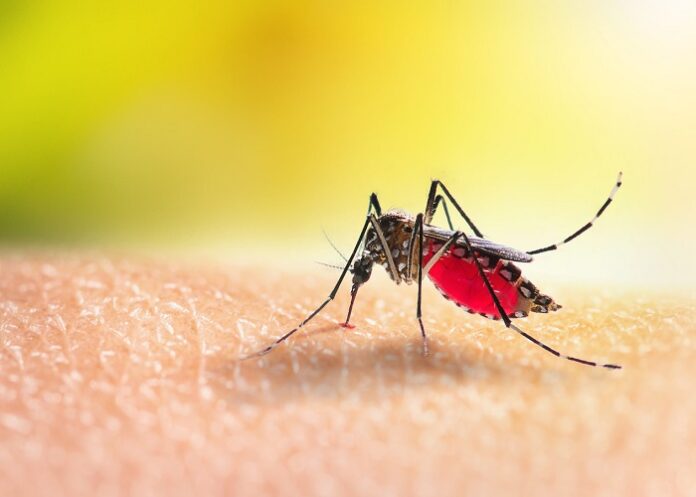To find out more about the long-term effects of malaria, Oxford University scientists are sending perfectly healthy people to the Netherlands to be deliberately bitten by mosquitoes and become infected with the disease.
Plasmodium vivax is a type of malaria that can remain dormant in the liver, and reactivate months or even years after a person was first infected, causing relapsing infections.
The Oxford Vaccine Group wants to understand more about this relapsing infection, so will send five healthy people to be bitten by infected mosquitoes at a Netherlands lab, after which they will return to Oxford where they can be monitored before being treated to stop the potential relapses, reports The Independent.
Professor Angela Minassian, chief investigator for the trial from the University of Oxford, said: “This proof-of-concept study is the first of its kind to safely introduce relapsing vivax malaria infections in healthy volunteers under controlled research conditions.
“By doing so, we aim to answer key questions about relapses and how the immune system responds to them.
“We know that more than 80% of vivax malaria globally is due to relapsing infections, which cause significant illness in both adults and children in many parts of the world.
“Our work, if successful, aims to provide a model for testing novel vaccines or drugs which can eliminate it from the liver and stop relapses altogether. This could transform how we combat this challenging disease.”
The study, known as BIO-006, has been launched by the University of Oxford in partnership with the Draper Lab.
The five volunteers aged 18 to 45 will travel to the Radboud University Medical Centre in Nijmegen where they will be bitten by mosquitoes carrying the Plasmodium vivax parasite, before returning to the Centre for Clinical Vaccinology and Tropical Medicine in Oxford.
They will be monitored daily for the first six days over the phone and in person from day seven onwards, and when malaria is detected in their blood, they will be “promptly” given anti-malarial medication.
But this treatment will not eliminate dormant parasites in the liver.
This means that scientists can study relapsing malaria infections over the next six months.
During this period, participants will have fortnightly check-ups and 24/7 medical support to address any symptoms which suggest a relapse.
Any relapse infections will be treated with anti-malarial medication.
At the end of the six-month period, they will be given anti-malarial tablets with an additional medication called Primaquine that clears dormant parasites from the liver.
They will then be followed up for five more years to monitor for any unexpected relapses.
The Independent article – Scientists to give people malaria to study long-term effects (Open access)
See more from MedicalBrief archives:
WHO warns that world could lose malaria fight as cases rise
Urgent plea for action as malaria drug-resistance grows

